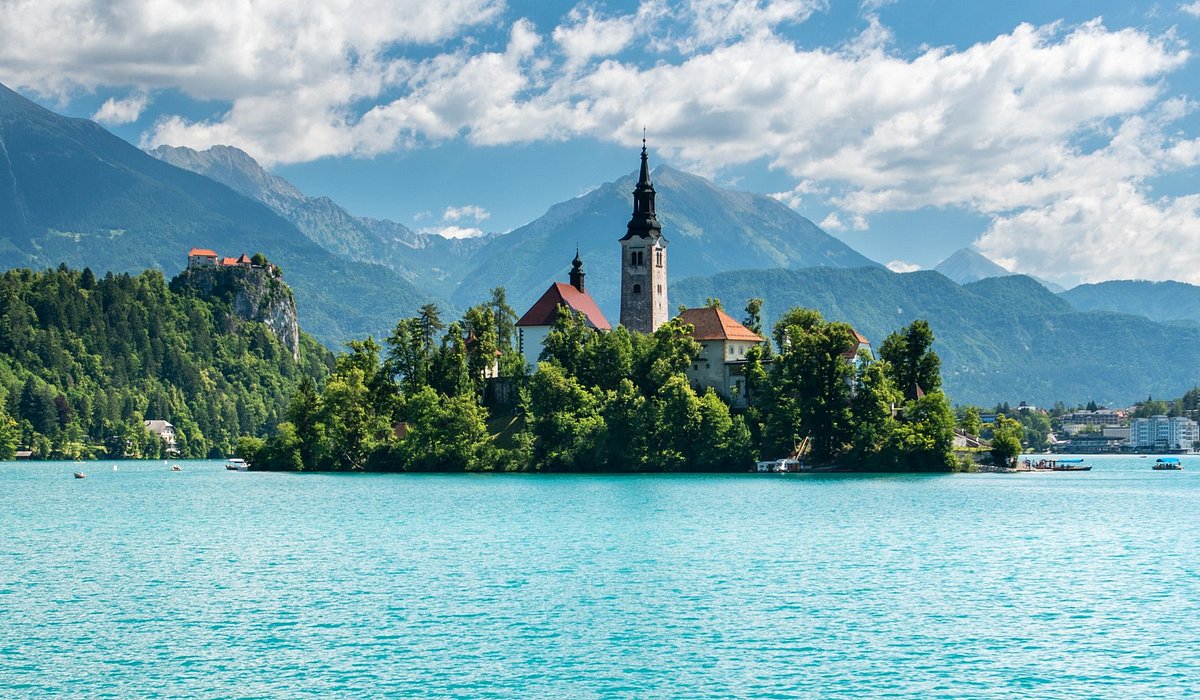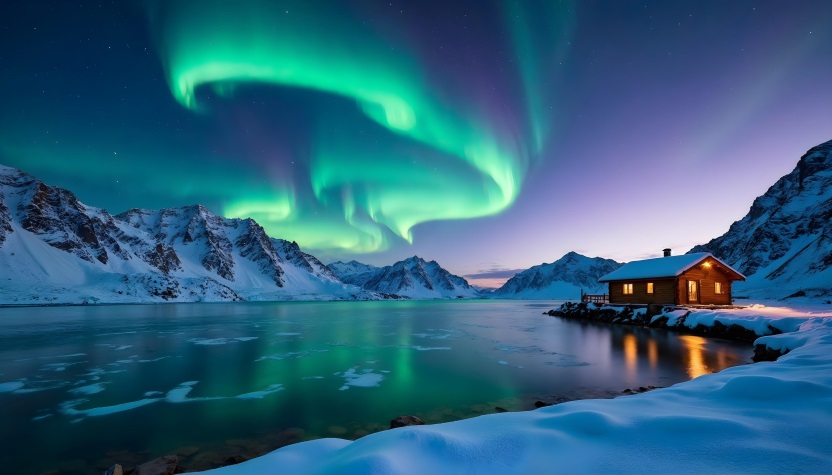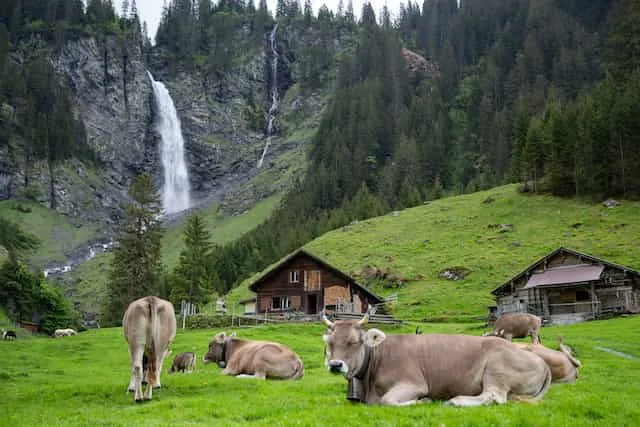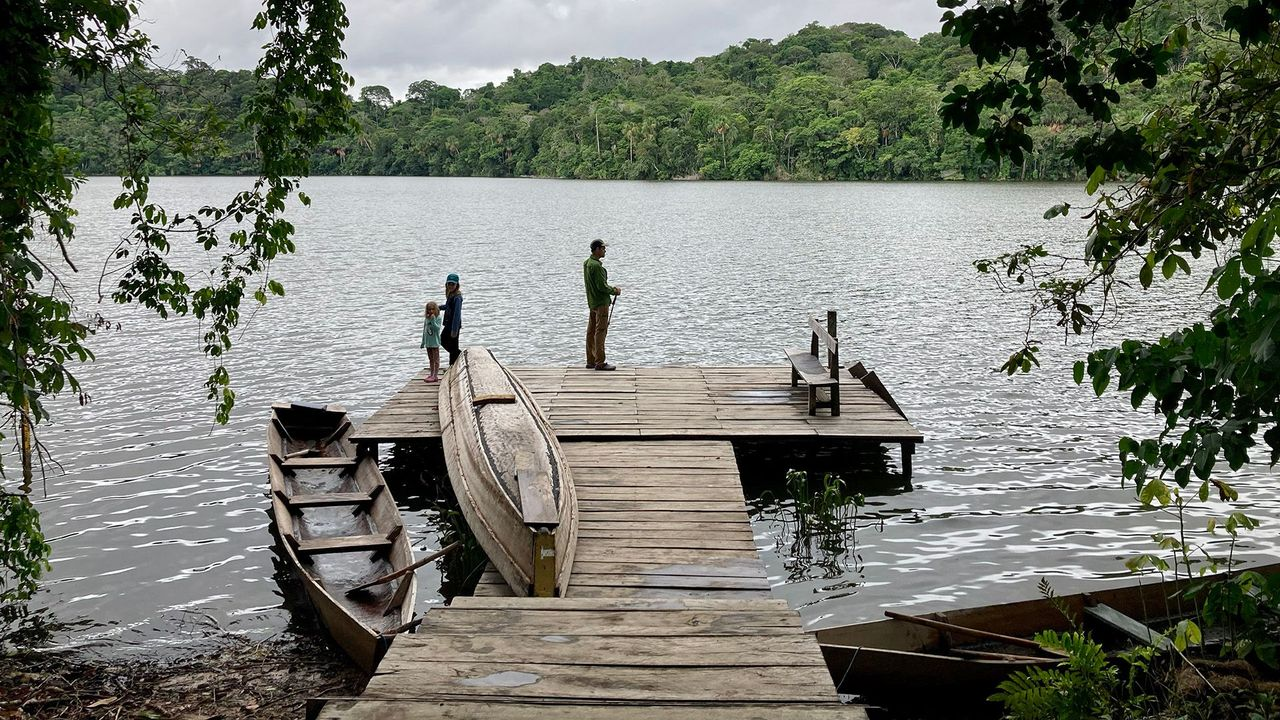Nestled in the Julian Alps, Lake Bled is one of Slovenia’s most iconic and eco-conscious travel destinations. Known for its emerald waters, fairy-tale island church, and medieval cliffside castle, Lake Bled isn’t just a feast for the eyes—it’s a leading example of sustainable tourism. The area has implemented strict conservation practices, limits vehicle traffic, and promotes green mobility such as electric boats, cycling paths, and extensive hiking trails. Its commitment to preserving natural beauty while offering enriching local experiences makes it a standout for environmentally mindful travelers.
Lake Bled embraces sustainability through every aspect of its tourism. Accommodations like eco-certified guesthouses and the environmentally conscious Hotel Ribno actively reduce waste, conserve water, and use renewable energy. The iconic wooden “pletna” boats, powered by oars rather than motors, offer a peaceful and pollution-free way to visit Bled Island. Visitors are also encouraged to use the well-marked walking and cycling trails that loop around the lake and extend into Triglav National Park, minimizing reliance on cars while deepening connection to the landscape.
Eating and shopping sustainably are easy at Lake Bled. Local markets feature organic produce, handmade crafts, and traditional Slovenian dishes prepared with regional ingredients. By supporting these businesses, tourists contribute directly to the local economy and cultural preservation. With its harmonious balance between tourism and nature, Lake Bled stands as a model for eco-sustainable travel—offering an unforgettable experience backed by E-E-A-T principles: firsthand experience, trusted environmental leadership, expert management, and long-term ecological commitment.




